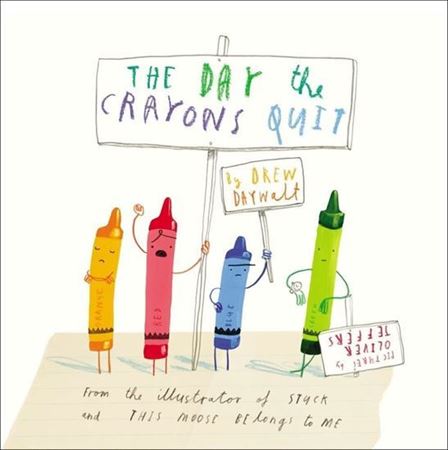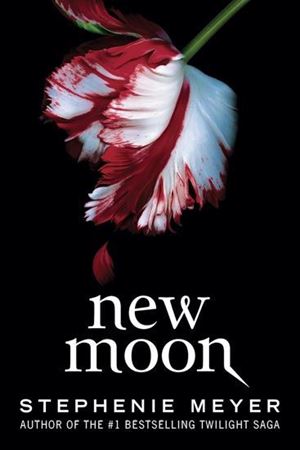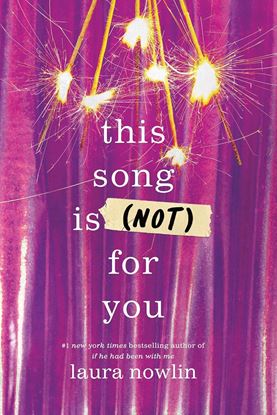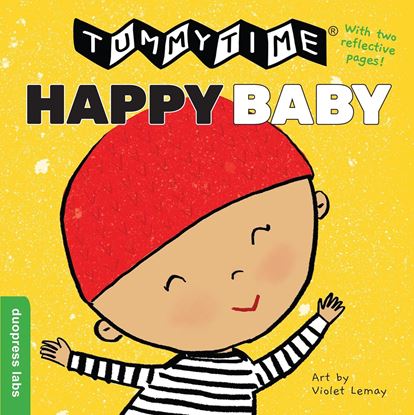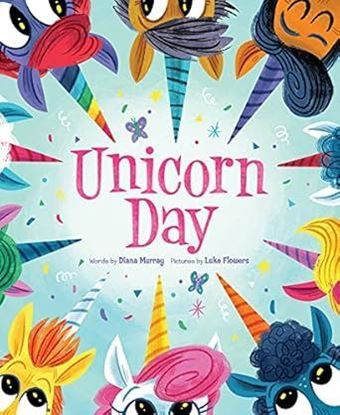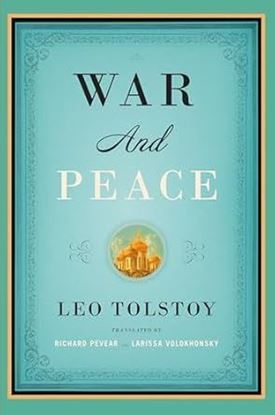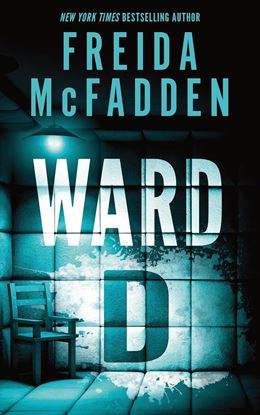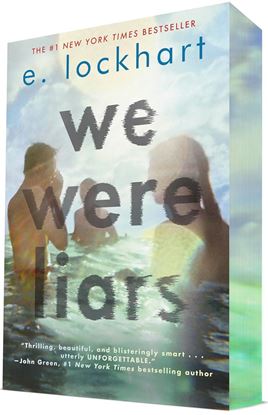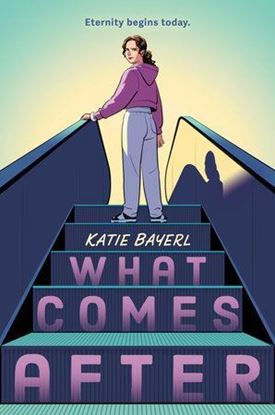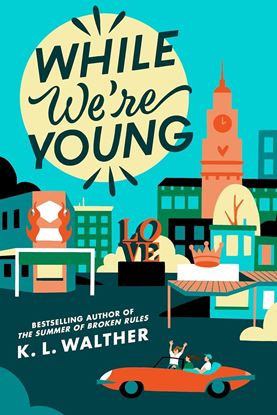

THIS SONG IS (NOT) FOR YOU
Ramona fell for Sam the moment she met him. It was like she had known him forever. He's one of the few constants in her life, and their friendship is just too important to risk for a kiss. Though she really wants to kiss him...
Sam loves Ramona, but he would never expect her to feel the same way-she's too quirky and cool for someone like him. Still, they complement each other perfectly, both as best friends and as a band.
Then they meet Tom. Tom makes music too, and he's the band's missing piece. The three quickly become inseparable. Except Ramona's falling in love with Tom. But she hasn't fallen out of love with Sam either. How can she be true to her feelings and herself without losing the very relationships that make her heart sing?
850
TUMMY TIME: HAPPY BABY
This sturdy accordion book opens up to stand alone in a crib, on the carpet, or on a bed, making it easy for your baby to enjoy tummy time, all the time. A perfect book for parents and caregivers home with babies this summer. One side feature vibrantly illustrated smiling babies and other cheerful images, and the opposite side has high-contrast black and white patterns, perfect for baby's developing eyes. And with two reflective pages, your baby can see him- or herself and practice those future smiles!
550
TUMMY TIME: MY FARM
This sturdy accordion book opens up to stand alone in a crib, on the carpet, or on a bed, making it easy for your baby to enjoy tummy time, all the time. One side feature vibrantly illustrated friendly cows, chicks, and ducks, and the opposite side has high-contrast black and white patterns, perfect for baby's developing eyes. And with two reflective pages, your baby can see him- or herself and practice those future smiles!
550
UNICORN DAY
The unicorns are celebrating their favorite day of the year, complete with rainbows, cupcakes, butterflies, and all sorts of joyful things. But when it's revealed there's an impostor in their midst, the party comes to a screeching halt...
Will the unicorns welcome all and continue their fun in all its glittery glory?
Unicorn Day delights in everything that's special; unicorns, celebrations, and most importantly, friendship.
1,100
WAR AND PEACE (VINTAGE CLASSIC)
Pierre Bezukhov, the illegitimate son of a count who is fighting for his inheritance and yearning for spiritual fulfillment; Prince Andrei Bolkonsky, who leaves behind his family to fight in the war against Napoleon; and Natasha Rostov, the beautiful young daughter of a nobleman, who intrigues both men. As Napoleon’s army invades, Tolstoy vividly follows characters from diverse backgrounds—peasants and nobility, civilians and soldiers—as they struggle with the problems unique to their era, their history, and their culture.
1,450
WARD D
As the hours tick by, Amy grows increasingly convinced something terrible is happening within the ward's tightly secured walls. When patients and staff start to vanish without a trace, it becomes clear that everyone on the unit is in grave danger.
Amy never wanted to spend the night on Ward D. Now she might not make it out alive.
1,100
WE WERE LIARS: DELUXE EDITION (1)
A beautiful and distinguished family.
A private island.
A brilliant, damaged girl; a passionate, political boy.
A group of four friends—the Liars—whose friendship turns destructive.
A revolution. An accident. A secret.
Lies upon lies.
True love.
The truth.
Read it.
And if anyone asks you how it ends, just LIE.
1,100
WHAT COMES AFTER
Mari never gave much thought to the afterlife before her untimely demise, but she certainly didn’t think it would be an experimental wellness enclave called Paradise Gate—a place where the newly dead go to sort out the unfinished business of their lives. She also didn’t think the biggest problem to plague her in life would follow her into the great beyond: her also recently deceased mother, Faye. Mari quickly realizes Faye is her unfinished business, and in order to move on to whatever’s next, she’ll have to find a way to forgive her dysfunctional mother for being no mother at all. But there’s so much to forgive: never holding down a steady job, never having a stable home, and abandoning Mari in the end.
1,450
WHILE WE'RE YOUNG
Grace, Isa, and Everett used to be an inseparable trio before their love lives became a tangled mess. For starters, Grace is secretly in love with Everett, who used to go out with Isa before breaking her heart in the infamous Freshman Year Fracture. And, oh yeah, no one knows that Isa has been hanging out with James, Grace’s brother—and if Grace finds out, it could ruin their friendship.
With graduation fast approaching, Grace decides an unsanctioned senior skip day in Philadelphia might be just what they need to fix things. All she has to do is convince Isa to help her kidnap Everett and outmaneuver James, who’s certain his sister is up to something.
995
WHY WE CELEBRATE EARTH DAY
Earth Day is all about appreciating and protecting our planet so it stays happy and healthy! People all over the world celebrate to spread awareness about living a more eco-friendly lifestyle. Learn all about the history and significance of Earth Day with this book of facts and activities that encourage you to join in on the fun.
600

